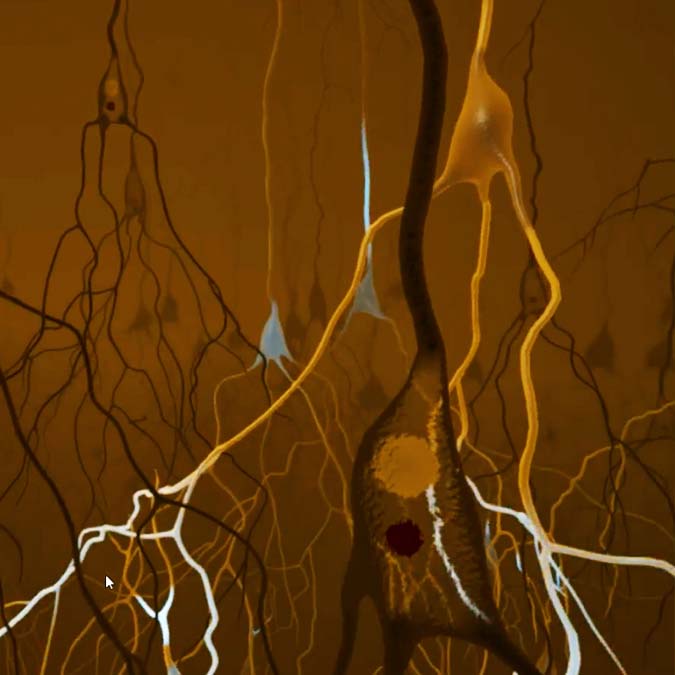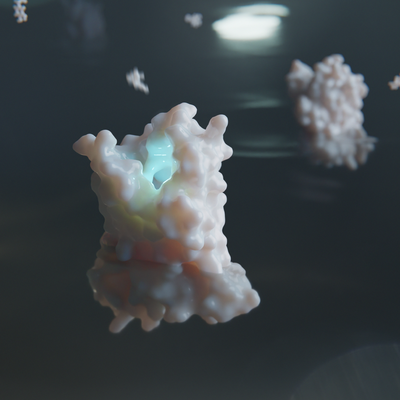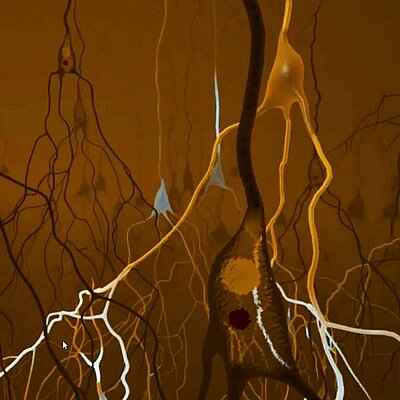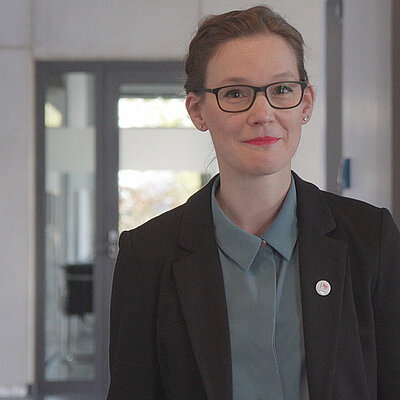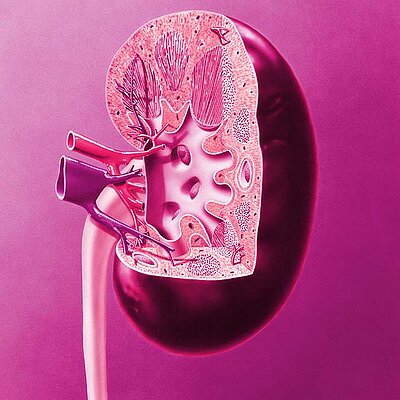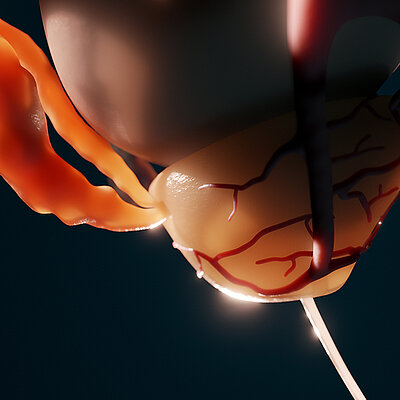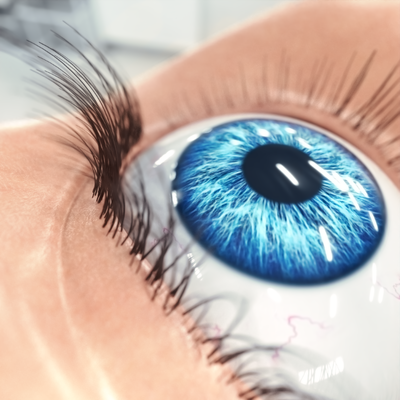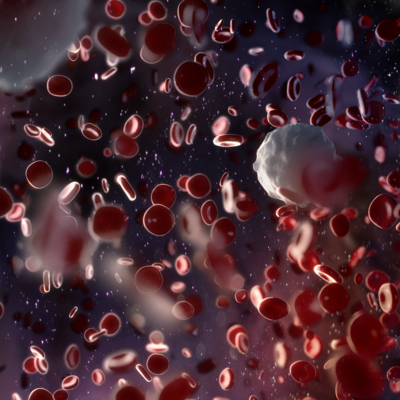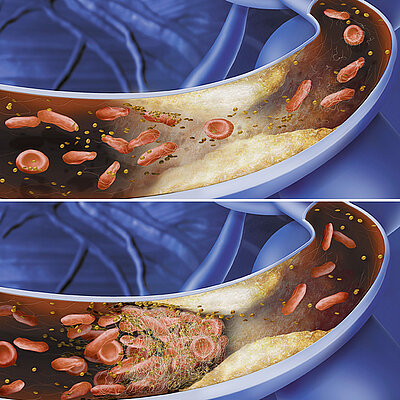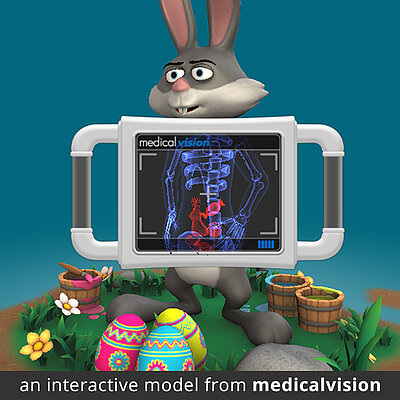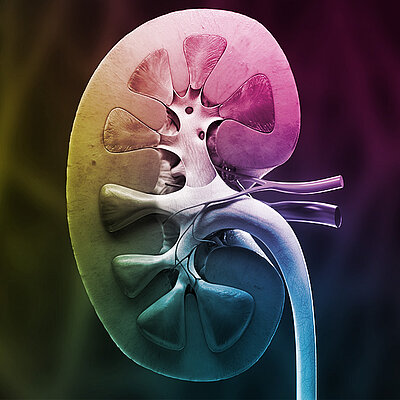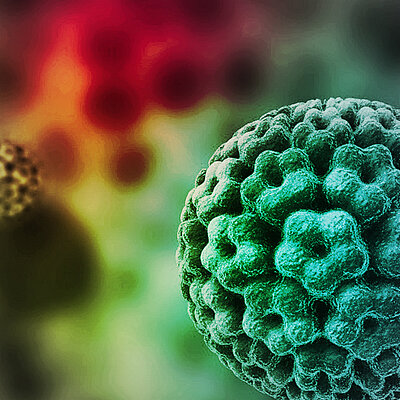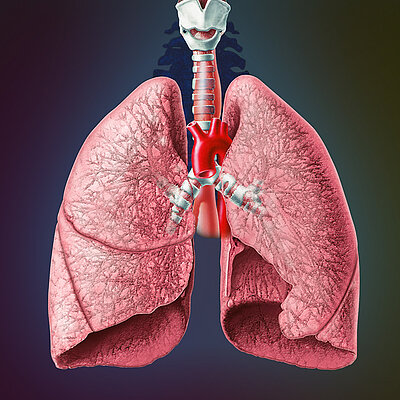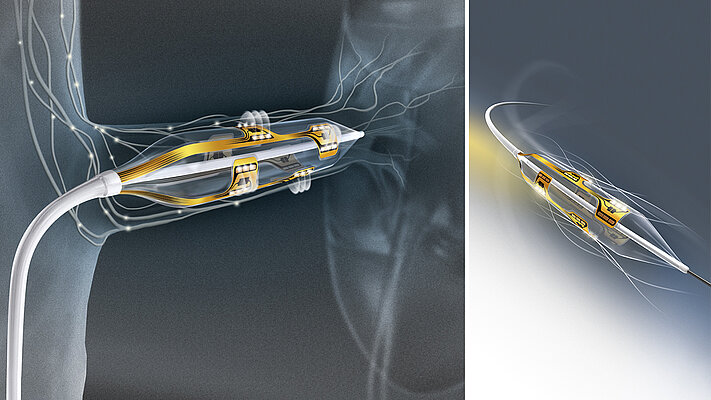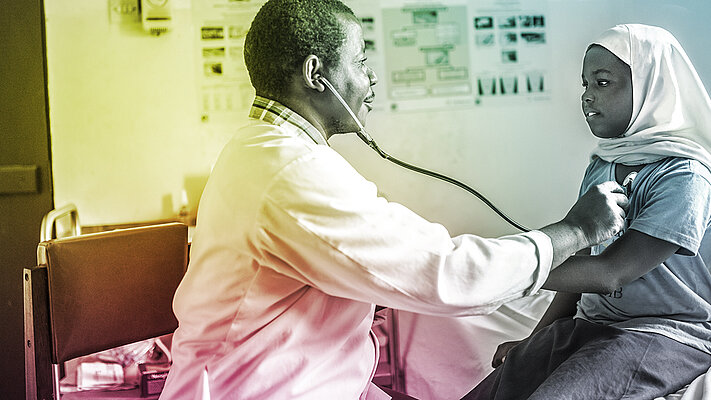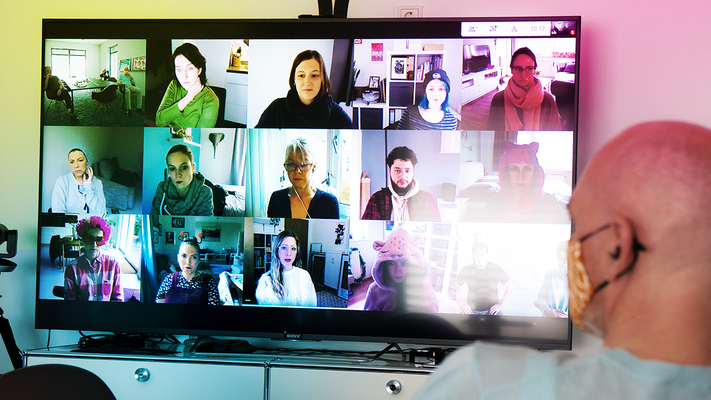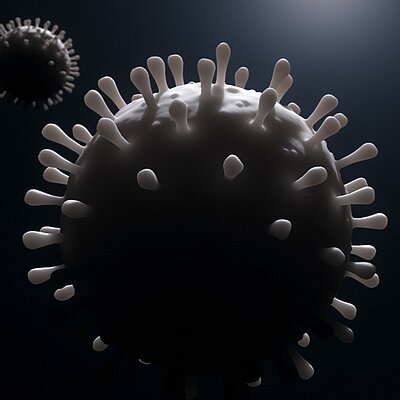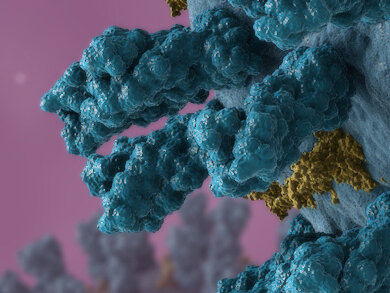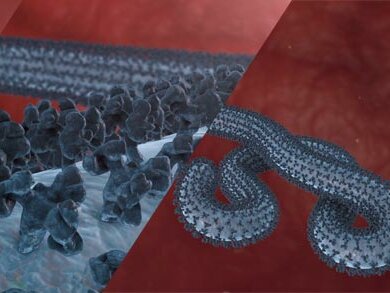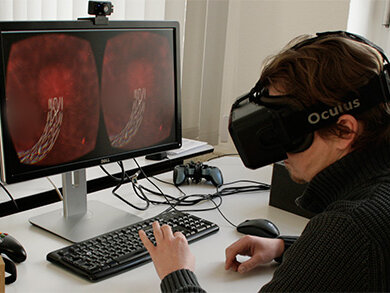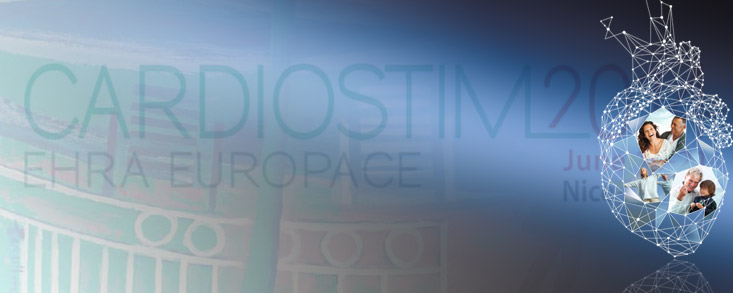Parkinson's disease is a chronic, progressive neurological disorder affecting the central motor system. The cause of PD is yet unknown but is believed to be a combination of genetic and environmental factors. PD usually begins after age 50 and is more common in men.
SYMPTOMS OF PARKINSON'S DISEASE.
Primary symptoms of Parkinson’s are tremor, rigidity, slowness of movement, speech problems and postural instability. As the disease progresses, patients may also experience non-motor symptoms such as depression, anxiety, sleep disorders, and constipation.
Tremor will often be the first symptom a patient notices. Typically, they begin in one hand and is often described as the "pill-rolling" tremor, meaning it looks as if the patient is rolling a pill between their thumb and index finger. Tremors can also affect the legs and feet.
TREATMENT FOR PARKINSON'S DISEASE
Although a cure for Parkinson's has not yet been discovered, treatments are available to help manage symptoms. The most common treatment is medication, which can help relieve the symptoms of PD. However, as the disease progresses, some patients may benefit from a treatment known as deep brain stimulation (DBS).
DEEP BRAIN STIMULATION
DBS is a surgical procedure that involves the implantation of a medical device called a brain pacemaker. The process involves implanting electrodes in the brain. The electrodes send electrical signals to the brain, which may help reduce Parkinson's symptoms. While deep brain stimulation surgery can be effective in treating Parkinson's, it is a major procedure and carries risks.
Potential benefits of deep brain stimulation surgery include; reduced intensity or frequency of symptoms, fewer side effects from medication and reduced fall risk.
For more information about DBS click on the following link:
www.brain-stimulation.co.uk/home.html
RESEARCH
Research is ongoing in the hopes of finding a way to cure Parkinson’s or slow its progression. Currently, the most promising area of research is in gene therapy which involves delivering healthy genes to cells which have been damaged by Parkinson’s. The new gene can help repair the damage and slow the progression of the disease.
Clinical trials are currently underway to test the safety and efficacy of gene therapy in patients with PD. If these trials are successful, gene therapy could become a new treatment for Parkinson’s disease in the future.
RESOURCES FOR MORE INFORMATION ON PARKINSON'S DISEASE
Want to learn more about deep brain stimulation for Parkinson's disease? Then visit the following link:
https://www.brain-stimulation.co.uk/what-is-dbs.html
*We are not a healthcare practitioner or health advisor. Please consult your physician before using our advice, as we cannot guarantee the success of any treatment you try based on the content of this article.

